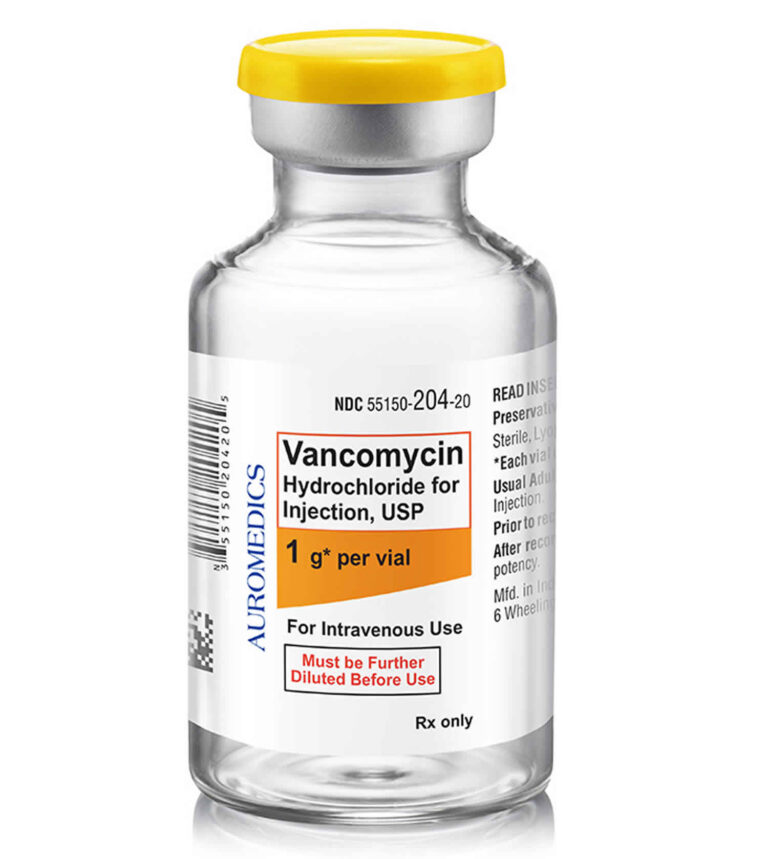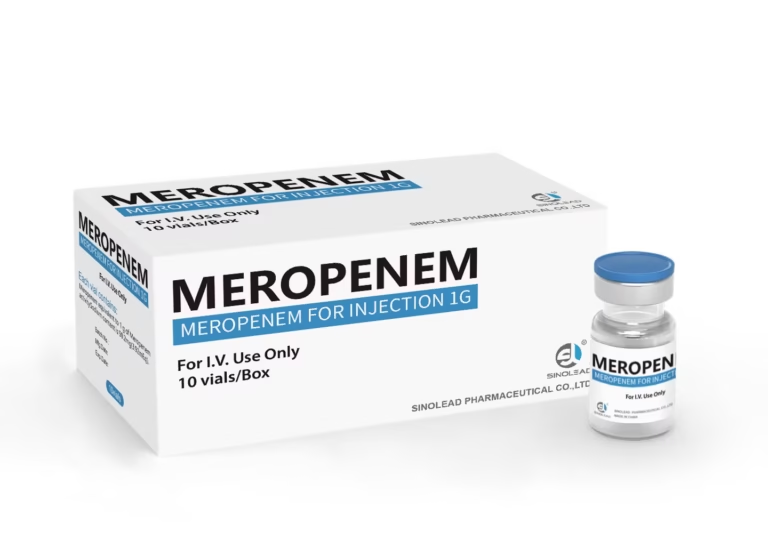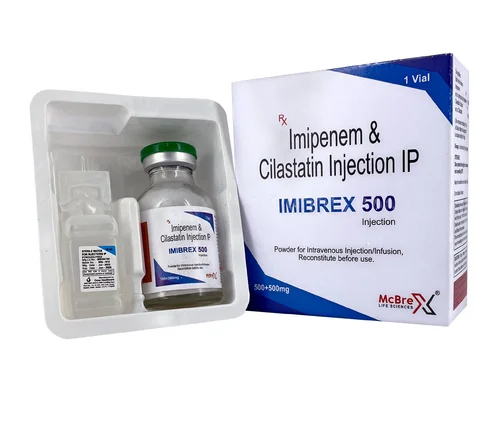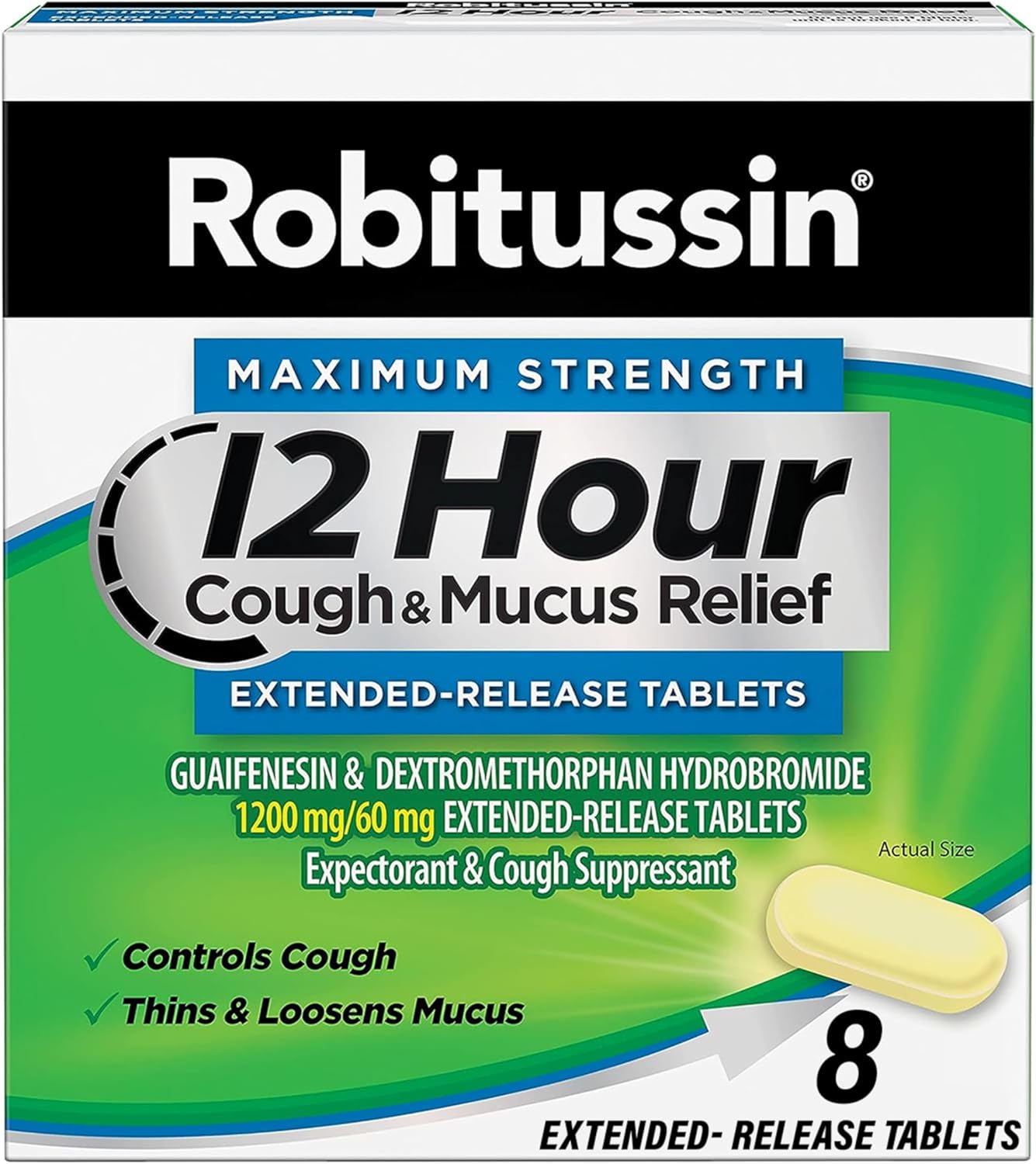
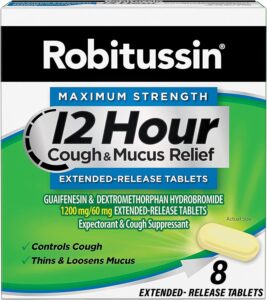 Dextromethorphan (DXM) is a commonly utilized over-the-counter medication, primarily indicated for the relief of coughs and colds. It functions as a cough suppressant by influencing the neural pathways in the brain that initiate the cough reflex. Although it’s commonly found in many over-the-counter products, understanding its uses, side effects, contraindications, and potential drug interactions is important for its safe use.
Dextromethorphan (DXM) is a commonly utilized over-the-counter medication, primarily indicated for the relief of coughs and colds. It functions as a cough suppressant by influencing the neural pathways in the brain that initiate the cough reflex. Although it’s commonly found in many over-the-counter products, understanding its uses, side effects, contraindications, and potential drug interactions is important for its safe use.
What is Dextromethorphan?
Dextromethorphan is a synthetic medication that is often incorporated into cough syrups to inhibit the coughing reflex. It is available in various formulations, including syrups, tablets, lozenges, and gel capsules. DXM works by acting on the brain’s cough center in the medulla, reducing the urge to cough.
Common Uses of Dextromethorphan
DXM is chiefly employed to alleviate dry, non-productive coughs that are typically associated with the common cold, influenza, or other respiratory infections. It also alleviate coughing caused by irritants such as smoking or exposure to environmental allergens.
Key Uses:
- Cough Suppressant: It helps reduce persistent coughing.
- Symptomatic Relief: Alleviates coughs caused by colds, flu, or respiratory conditions.
- Adjunct in Cold Medications: Often combined with other ingredients to provide broader symptom relief.
How Dextromethorphan Works
Dextromethorphan operates by blocking the responses of the cough center in the brain. It blocks the signals that trigger coughing, providing relief from a dry cough. This makes it an effective treatment for conditions where coughing is not productive.
Common Side Effects of Dextromethorphan
Though Dextromethorphan is generally safe when used according to instructions, misuse or prolonged use can cause side effects. Although most side effects are typically mild, there are some that could warrant the need for medical care.
Mild Side Effects:
- Drowsiness or dizziness
- Nausea and vomiting
- Stomach upset or constipation
- Restlessness or confusion
- Insomnia
Serious Side Effects:
- Hallucinations (in cases of abuse)
- Difficulty breathing
- Severe allergic reactions (rash, swelling, trouble breathing)
- Seizures
Contraindications of Dextromethorphan
Dextromethorphan should not be used in certain conditions due to potential risks.
- Allergic Reactions: Individuals with a known allergy to DXM or any other ingredients in the product should avoid using it.
- Cough with Excess Mucus: DXM is not recommended for productive coughs where mucus is present.
- Monamine Oxidase Inhibitors (MAOIs): People who are on MAOIs, a type of antidepressant, should avoid DXM, as it can interact and cause a dangerous increase in blood pressure or other side effects.
- Severe Respiratory Conditions: Those with severe asthma, emphysema, or other chronic respiratory diseases should avoid DXM, as it may worsen breathing issues.
Drug Interactions with Dextromethorphan
Dextromethorphan interacts with several medications and substances. It is crucial to exercise caution when using it in conjunction with other medications.
Common Drug Interactions:
- Monoamine Oxidase Inhibitors (MAOIs): DXM can cause a dangerous increase in serotonin levels, leading to serotonin syndrome, which can be life-threatening.
- Other Central Nervous System Depressants: Combining DXM with alcohol, sedatives, or tranquilizers can increase drowsiness and impair cognitive function.
- Antidepressants: Certain antidepressants, such as selective serotonin reuptake inhibitors (SSRIs), may interact with DXM and increase the risk of serotonin syndrome.
- Cough and Cold Medications: Using other over-the-counter cough medications containing DXM at the same time can lead to an overdose.
Dosage of Dextromethorphan
For adults and children over 12, the typical dose is 10–20 mg every 4 hours, not exceeding 120 mg per day. For children aged 6 to 12 years, the dose is 5–10 mg every 4 hours, with a maximum of 60 mg daily. Children under 6 should not take Dextromethorphan without medical supervision. Always follow product instructions or a healthcare provider’s guidance.
Formulations
Dextromethorphan comes in various forms, including:
- Syrups: Fast-acting for immediate relief.
- Tablets/Capsules: Convenient for pill users.
- Lozenges: Provide a gradual release.
- Extended-Release: For longer-lasting effects.
Frequently Asked Questions (FAQs) About Dextromethorphan
- Can Dextromethorphan be abused?
Yes, Dextromethorphan can be abused, especially in large quantities. When taken in excessive amounts, it can produce hallucinogenic effects, which may lead to serious side effects, including seizures, brain damage, and death.
- How long does Dextromethorphan last?
The effects of Dextromethorphan typically last between 4 to 6 hours, depending on the individual and the formulation used.
- Can I take Dextromethorphan if I am pregnant?
Don’t use Dextromethorphan during pregnancy without consulting a healthcare provider. Although it is generally considered safe in small amounts, its safety in pregnancy has not been fully established.
- Can Dextromethorphan be taken with food?
Yes, you can take DXM with or without food. Nonetheless, there are individuals who may suffer from stomach discomfort if they take it on an empty stomach.
Popular Brands of Dextromethorphan
Below is a table of some of the most popular brands by multinational companies:
| Brand Name | Manufacturer | Formulation Type |
| Robitussin | Pfizer | Syrup, Tablets |
| Delsym | Reckitt Benckiser | Extended-Release Syrup |
| Vicks Cough Suppressant | Procter & Gamble | Syrup, Lozenges |
| Benylin | Johnson & Johnson | Syrup, Tablets |
| Tussin | Major Pharmaceuticals | Syrup |
Conclusion
Dextromethorphan serves as a potent and frequently employed treatment for the relief of coughing. However, its use it with caution due to potential side effects, contraindications, and drug interactions. It is crucial to follow dosing instructions carefully and consult a healthcare provider if unsure about its use, particularly for those with preexisting health conditions or who are taking other medications.
